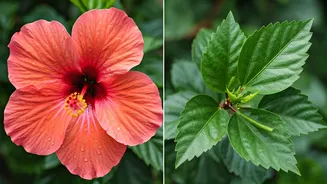Discover the ancient treasures of Herbal Medicine in India! Unlock the secrets of Ayurveda for holistic wellness. Dive in now!
For centuries, long before allopathic medicine became the norm, folks in India
have relied on the healing power of plants. This practice, known as herbal medicine or Ayurveda, is an integral part of our culture and heritage.
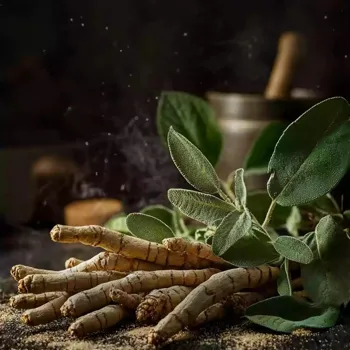
It’s not just about treating diseases; it's about staying healthy the natural way and keeping our bodies in balance. The roots of herbal medicine run deep in our history, with ancient texts like the Charaka Samhita and Sushruta Samhita detailing the properties and uses of various herbs.
Even today, many households have their own little herb gardens or rely on traditional remedies passed down through generations.
The beauty of herbal medicine lies in its holistic approach.
It doesn't just focus on curing the symptoms but aims to address the root cause of the illness by considering the individual's overall well-being. This means taking into account their physical constitution, lifestyle, and emotional state.
Herbal remedies are often prepared using a combination of herbs, minerals, and animal products, carefully formulated to address specific health issues. This holistic approach is what makes herbal medicine so effective and enduring.
In today's world, where we're constantly bombarded with synthetic drugs and processed foods, the appeal of herbal medicine is growing stronger. People are increasingly seeking natural ways to improve their health and prevent diseases.
And with the growing body of scientific research validating the efficacy of many traditional herbs, herbal medicine offers a safe and effective alternative to conventional treatments. Plus, it can be easily accessed and is quite budget friendly.
Now, let's delve into seven age-old herbal remedies that have stood the test of time and continue to be valued for their healing properties:
Turmeric (Haldi): The Golden Healer
Haldi is a staple in every Indian kitchen, but it's so much more than just a spice. This bright yellow powder boasts powerful medicinal properties, thanks to a compound called curcumin. Turmeric is an anti-inflammatory powerhouse, aiding to soothe aches and pains.
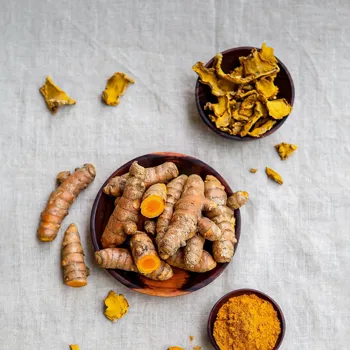
It acts as a natural antiseptic, helping to heal cuts and burns. Drinking warm haldi doodh (turmeric milk) is a cherished remedy for colds and coughs. Haldi is also a good source of antioxidants, protecting the body from free radical damage.
Ginger (Adrak): The Digestive Aid
Adrak is another common ingredient in Indian cooking, known for its warm, zesty flavor. But it's also a potent remedy for digestive problems. Ginger helps to ease nausea, bloating, and indigestion. It also helps to reduce inflammation, improving joint pain.
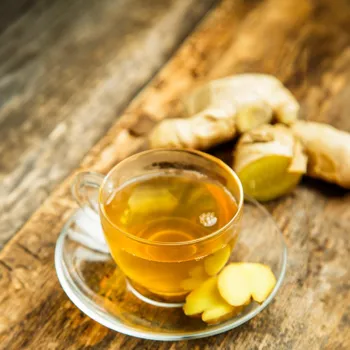
Drinking adrak chai (ginger tea) is a popular way to combat colds and flu. Ginger is really beneficial during motion sickness or morning sickness.
Holy Basil (Tulsi): The Queen of Herbs
Tulsi is considered sacred in Hinduism and is often grown in courtyards. It has several health benefits. Tulsi has adaptogenic properties, helping the body to cope with stress. It also has antimicrobial properties, fighting off infections.
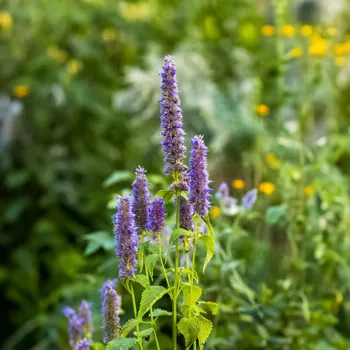
Chewing on tulsi leaves can freshen your breath and boost immunity. Tulsi is also thought to have anti-inflammatory and antioxidant effects.
Neem: The Natural Antiseptic
Neem is a strong and bitter herb but it's an amazing remedy for skin problems. Neem possesses antibacterial, antifungal, and antiviral. Applying neem paste can help to heal acne, eczema, and other skin conditions. Chewing neem twigs can also fight germs and maintain oral hygiene.
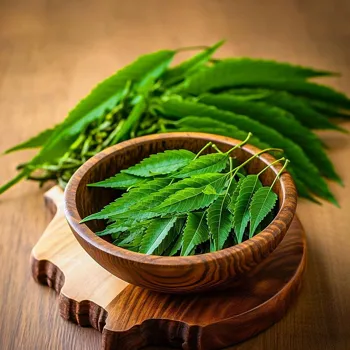
Neem is such a treasure for its healing properties for various ailments.
Amla (Indian Gooseberry): The Vitamin C Powerhouse
Amla is a tangy fruit packed with Vitamin C and antioxidants. Amla boosts immunity, supports healthy skin and hair, and aids in digestion. Eating amla raw, in jam form or as a juice can help. Amla helps to reduce inflammation and detoxify the body. It’s a perfect way to improve well being.

Ashwagandha: The Stress Buster
Ashwagandha is known for its adaptogenic properties, which help the body adapt to stress. It can help to reduce anxiety, fatigue, and improve overall energy levels. It also promotes good sleep and helps in brain function. Many consume ashwagandha powder with milk or water.
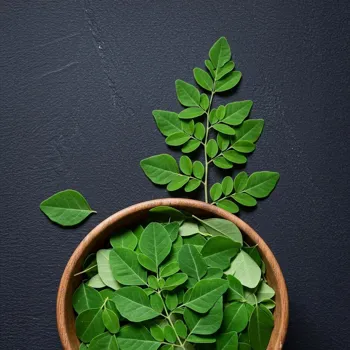
All properties make ashwagandha a powerful herbal addition.
Triphala: The Detoxifier
Triphala literally means "three fruits" and is a combination of amalaki, bibhitaki, and haritaki. This concoction helps cleansing the colon, improving digestion, and promoting healthy bowel movements. It is taken in powdered form with warm water before bed.
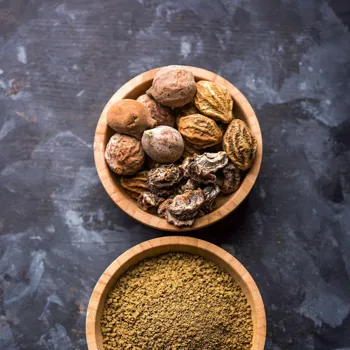
Triphala helps detoxification and maintaining a healthy body.
Important Reminder
While herbal remedies are generally safe, it's vital to consult with a qualified Ayurvedic practitioner or healthcare professional before starting any new treatment and ensure it matches your health needs.
This helps to take the right combination and dosage. Also, remember that herbal medicine is not a substitute for conventional medical care.
Herbal medicine is an ancient and valuable system of healing that has played a significant role in Indian culture for centuries.
By understanding the properties of these time-tested herbs, we can harness their power to improve our health and well-being, while respecting the wisdom of our ancestors. Let's embrace the natural path to wellness.
AI Generated Content. Glance/InMobi shall have no liability for the content


